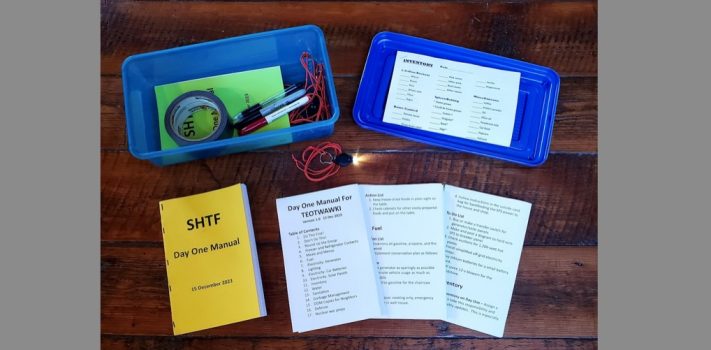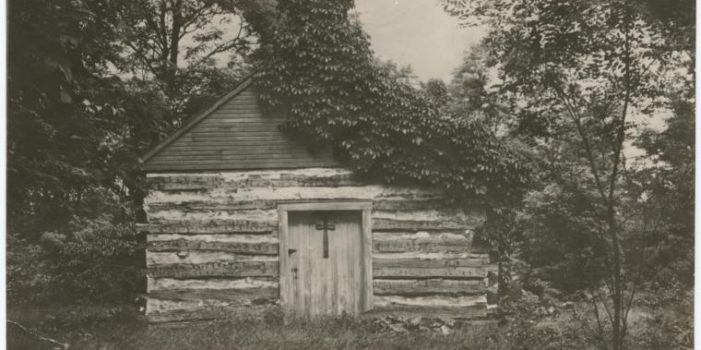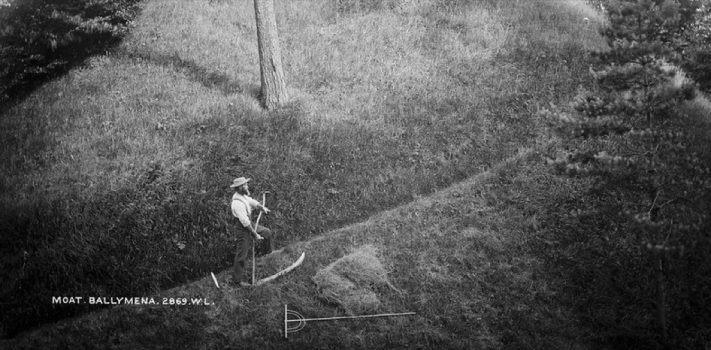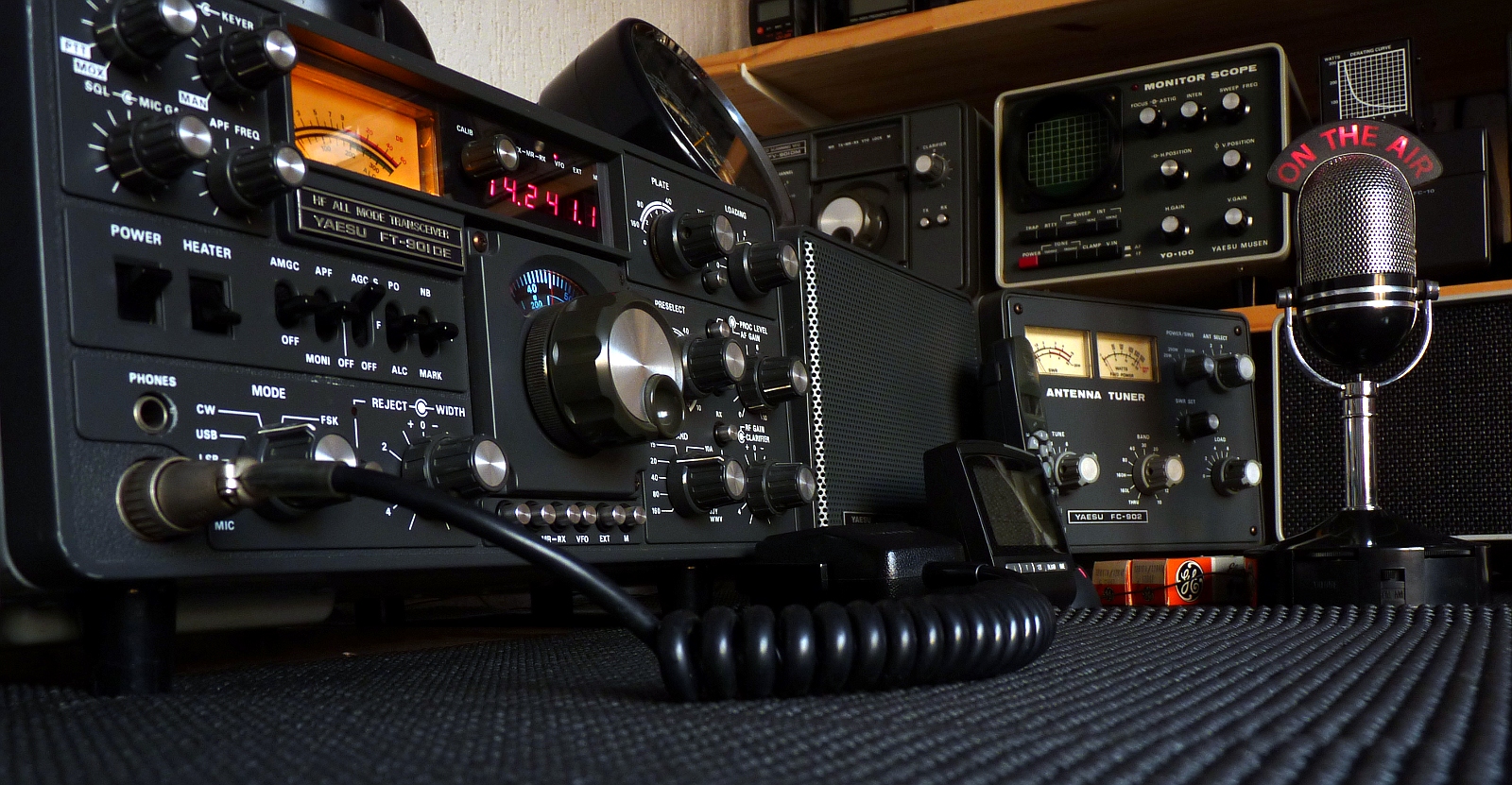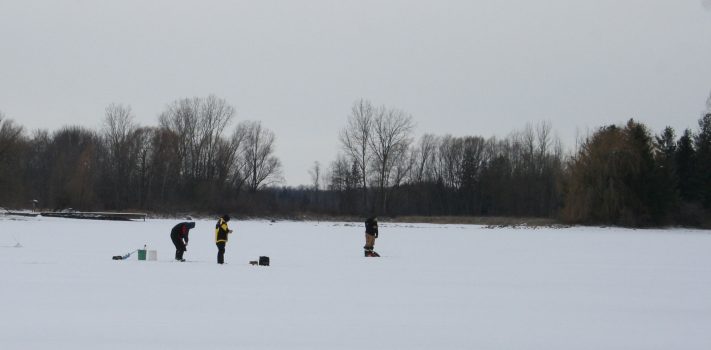Encouraging Plant Pollinators, by Steve R.
Editor’s Introductory Note: Over the years, we’ve published several articles on beekeping in SurvivalBlog. But this is our first fundamental article on pollinators. If you want to have abundant crops, then you should encourage pollinators, locally! – JWR We are getting help with crops, fruits, nuts, and vegetables from little flying, crawling things you probably know little about. They are animal pollinators of plants. A book about pollinators has a first sentence of the first chapter that says it is impossible to overstate the service they provide to plants. You can do a lot to help pollinators, no matter where …





